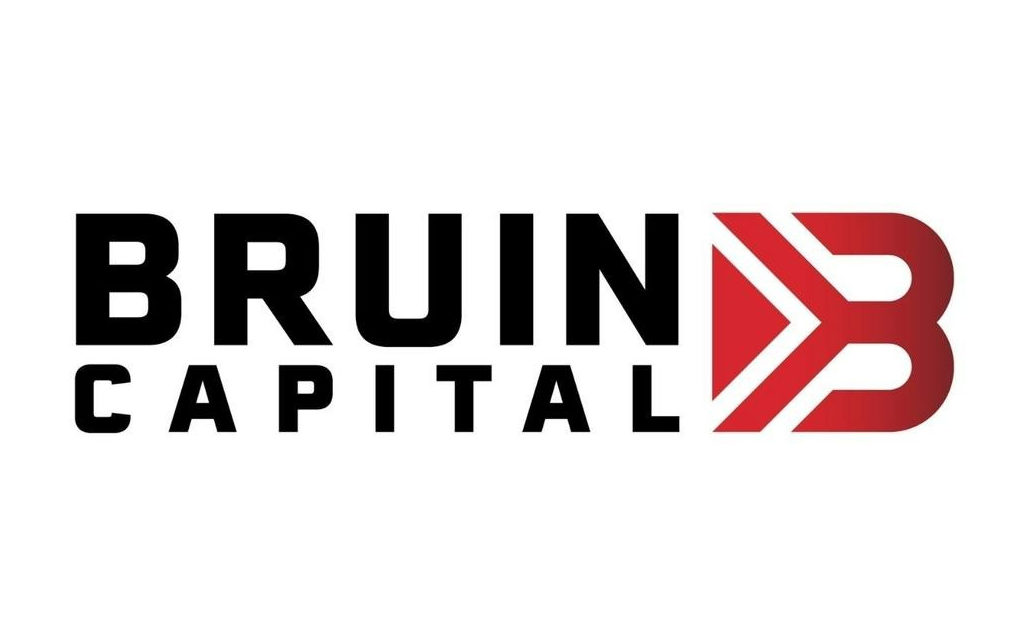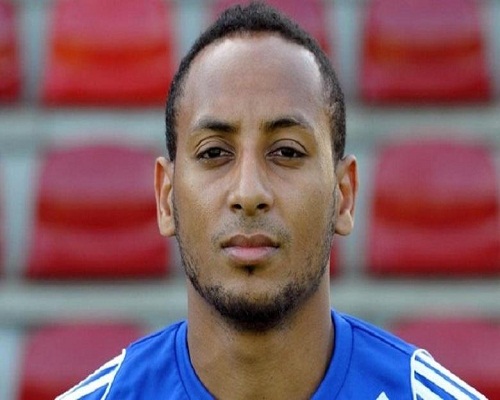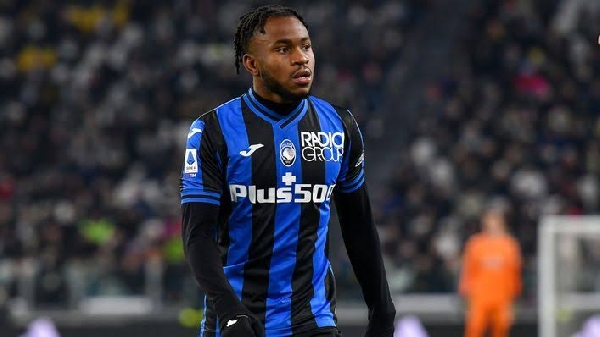£250m Bet on Football – Bruin Capital Could Change the Game

A single move in football could shake up the entire business landscape of the sport. Bruin Capital just made a move.
The US-based investment giant has put an estimated £250 million (roughly $310 million) into creating a new football superagency called As1, and it could be a game-changer.
This isn’t just about signing players or negotiating contracts. It’s about redefining how football connects with fans, sponsors, and markets worldwide. Let’s break it down and see why this matters—and what it tells us about the future of the sport.
To build As1, Bruin Capital acquired three major player and coach representation firms in Europe—Nomi Sports, Positionumber, and Promoesport—and is finalising a deal for a fourth, Football Division Worldwide, based in the UAE.
Together, these agencies represent over 300 players and coaches, including stars like Luis Díaz, Bruno Fernandes, and Manchester United’s new manager, Ruben Amorim.
This move isn’t just about adding names to a roster; it’s a carefully calculated investment in football’s future. Why now? Because the sport is growing at an unprecedented rate. From the continued global reach of the Premier League to the eye-watering offers from the Saudi Pro League, football is a global powerhouse with no sign of slowing down.
What’s fascinating is how As1 plans to approach representation. George Pyne, the founder of Bruin Capital, explained it best: athletes aren’t just players anymore—they’re brands. In today’s creator economy, a footballer isn’t just scoring playing for their club; they’re starring in ad campaigns, launching lifestyle products, and engaging millions of fans on social media. Think of someone like Cristiano Ronaldo—his Instagram following alone could fill Wembley Stadium hundreds of times over. He’s also following in the footsteps of LeBron James with media production through his YouTube channel.
Bruin sees this shift as an opportunity to do more than just negotiate contracts. They want to help players build empires. This means further integration of marketing, content creation, and sponsorships into the core of what a sports agency does.
Now, let’s talk money. Bruin spent £250 million to buy these agencies—a number that reflects how valuable talent has become in today’s football market. Here’s why this matters:
- Diversified Talent: Representing over 300 players and coaches gives As1 a foothold across multiple leagues and countries. It’s like holding a diverse investment portfolio—less risk, and more potential for rewards.
- Strategic Expansion: Adding a UAE-based agency is smart. The Middle East is becoming a major player in football, thanks to Saudi Arabia’s big spending and events like the Qatar World Cup.
- London HQ: Setting up in London puts As1 at the heart of European football. It’s a city that’s not just close to major clubs but also home to top financial and marketing firms heavily involved in the culture of football.
So, what’s next for As1? On paper, this strategy looks unbeatable, but it’s not without its challenges. Established agencies like Wasserman and CAA Sports have dominated this space for years. They won’t sit back and let these guys bully their way in. Then there’s the growing influence of private equity in football, which raises ethical questions about conflicts of interest and sustainability.
But here’s the thing: Bruin’s approach feels different. They’re not just competing on contracts—they’re innovating on value. By focusing on athlete branding and leveraging their network of companies (like marketing firm Engine Shop), they’ve pressed the fast-forward button on the transition from traditional representation that’s already going on.
For fans, moves like this could change how we experience the sport. It’s the blending of sport, entertainment, and business that will grow football bigger than ever.
At the same time, we should keep an eye on how these mega-agencies balance their commercial ambitions with what’s best for players and the game itself. Football’s charm has always been its unpredictability and connection to fans. Will moves like this keep that spirit alive, or will they push the sport further into corporate territory?
Bruin Capital’s bet on football is bold, innovative, and incredibly ambitious. It’s not just a business move; it’s a signal of where the sport is headed. In a world where athletes are brands and leagues are global, the lines between sport and business are disappearing.
The question isn’t whether As1 will succeed—it’s how much it will reshape the game along the way. And as fans, we’re all along for the ride. What do you think? Are we entering a golden age of football business, or is all this going a step too far?
Source: Thepressradio.com





